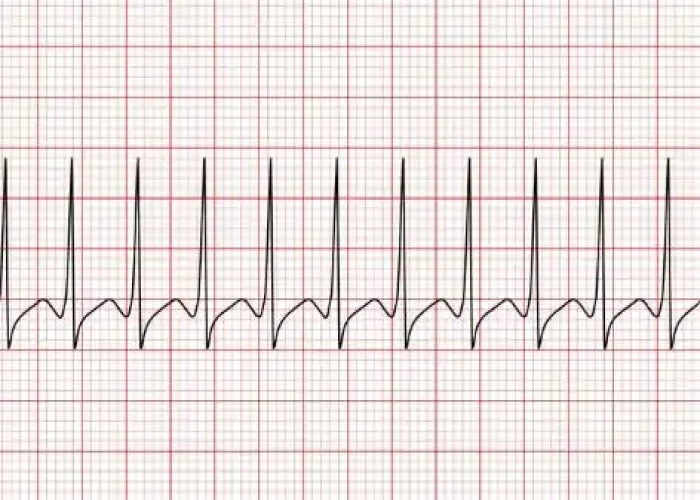 Welcome
Welcome
“May all be happy, may all be healed, may all be at peace and may no one ever suffer."
Supraventricular tachycardia
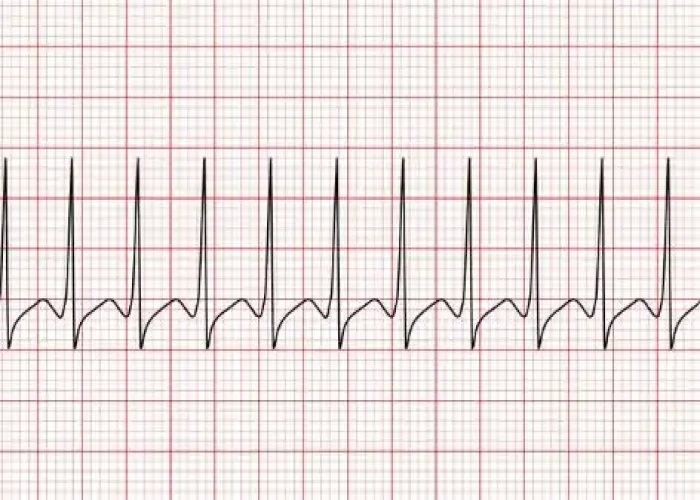
Supraventricular tachycardia (SVT) is a condition in which the heart beats too quickly, usually above 100 beats per minute. It originates in the upper chambers of the heart (atria) and can lead to symptoms such as palpitations, chest discomfort, shortness of breath, dizziness, and fainting.
SVT is caused by abnormal electrical signals that disrupt the normal rhythm of the heart. These signals can be triggered by various factors, such as stress, caffeine, nicotine, alcohol, certain medications, or an underlying heart condition.
The diagnosis of SVT is typically made through an electrocardiogram (ECG), which measures the heart's electrical activity. Other tests, such as a Holter monitor or event recorder, may be used to detect and record the heart's activity over time.
Treatment for SVT may include lifestyle changes to avoid triggers, medication to control the heart rate, and procedures to restore the normal heart rhythm. In some cases, SVT can be managed by bearing down or using a "Valsalva maneuver" (a technique that involves blowing air out against a closed mouth and nose), which can help to slow down the heart rate.
If lifestyle changes and medications are not effective, a procedure called catheter ablation may be recommended. During this procedure, a thin tube is inserted through a vein and guided to the heart, where small areas of heart tissue responsible for the abnormal electrical signals are destroyed using heat or cold.
It is important to seek medical attention if you experience symptoms of SVT or any other heart condition, as prompt treatment can prevent complications and improve outcomes.
Research Papers
Disease Signs and Symptoms
- Rapid heartbeat (tachycardia)
- Excessive sweat
- Dizziness (vertigo)
- Dizziness, lightheadedness or faintness
- Shortness of breath (dyspnea)
- Chest pain
- Fatigue (Tiredness)
- Weakness
- Irregular heartbeats (arrhythmia)
- Rapid fluttering heartbeats (palpitations)
- Fainting (syncope)
Disease Causes
Supraventricular tachycardia
SVT occurs when the electrical signals that coordinate your heartbeats don't work properly.
For some people, a supraventricular tachycardia episode is related to an obvious trigger, such as exercise, stress or lack of sleep. Some people may not have a noticeable trigger.
Things that may cause an SVT episode include:
- Heart disease
- Heart failure
- Other heart problems, such as Wolff-Parkinson-White syndrome
- Chronic lung disease
- Consuming too much caffeine
- Drinking too much alcohol
- Drug use, particularly stimulants such as cocaine and methamphetamines
- Pregnancy
- Smoking
- Thyroid disease
- Certain medications, including asthma medications and over-the-counter cold and allergy drugs
Disease Prevents
Supraventricular tachycardia
To prevent an episode of supraventricular tachycardia, it's important to know what triggers the episodes to occur and try to avoid them. Healthy lifestyle changes can help protect your heart. You might want to try:
- Eating a heart-healthy diet
- Increasing your physical activity
- Avoiding smoking
- Keeping a healthy weight
- Limiting or avoiding alcohol
- Reducing stress
- Getting plenty of rest
- Using over-the-counter medications with caution, as some cold and cough medications contain stimulants that may trigger a rapid heartbeat
- Avoiding illegal drug use, such as cocaine, ecstasy or methamphetamines
For most people with supraventricular tachycardia, moderate amounts of caffeine do not trigger an episode of SVT. Large amounts of caffeine should be avoided, however.
Consider keeping a diary to help identify your triggers. Track your heart rate, symptoms and activity at the time of an SVT episode.
Disease Treatments
Most people with supraventricular tachycardia do not require medical treatment. However, if you have long or frequent episodes, your doctor may recommend the following:
- Carotid sinus massage. A doctor applies gentle pressure on the neck where the carotid artery splits into two branches. During this type of massage, the body releases chemicals that slow the heart rate. Don't attempt to do this on your own.
- Vagal maneuvers. You may be able to stop an episode of SVT by using particular movements such as holding your breath and straining as you would during a bowel movement, dunking your face in ice water, or coughing. These maneuvers affect the nervous system that controls your heartbeat (vagus nerves), often causing your heart rate to slow.
- Cardioversion. If you're unable to stop an episode of SVT on your own using vagal maneuvers, your doctor may use cardioversion. Cardioversion may be done using medications or during a heart procedure.
- In the procedure, a shock is delivered to your heart through paddles or patches on your chest. The current affects the electrical signals in your heart and can restore a normal rhythm.
- Medications. If you have frequent episodes of SVT, your doctor may prescribe medication to control your heart rate or restore a normal heart rhythm. It's very important to take the medication exactly as directed by your doctor in order to reduce complications.
- Catheter ablation. In this procedure, the doctor inserts thin, flexible tubes called catheters through the veins or arteries, usually in the groin. Sensors on the tip of the catheter use heat or cold energy to create tiny scars in your heart to block abnormal electrical signals and restore a normal heartbeat.
- Pacemaker. Rarely, a small, implantable device called a pacemaker is used to stimulate your heart to beat at a normal rate. The pacemaker is placed under the skin near the collarbone in a minor surgical procedure. A wire connects the device to your heart.
Disease Diagnoses
Disease Allopathic Generics
Disease Ayurvedic Generics
Disease Homeopathic Generics
Disease yoga
Supraventricular tachycardia and Learn More about Diseases
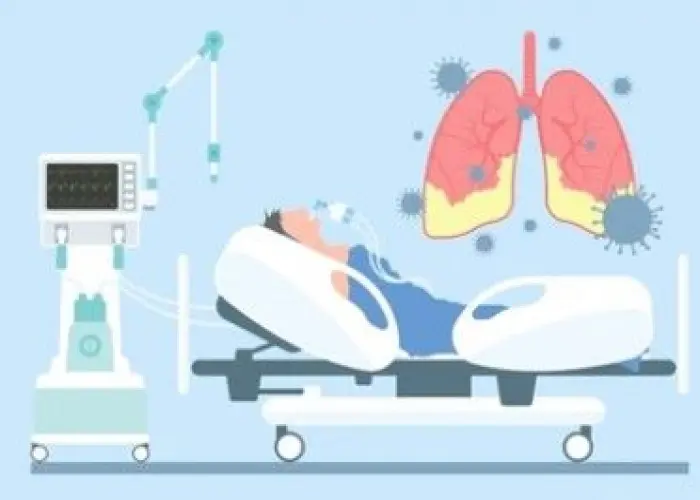
ARDS

Ventricular tachycardia

Binge-eating disorder

Behcet's disease
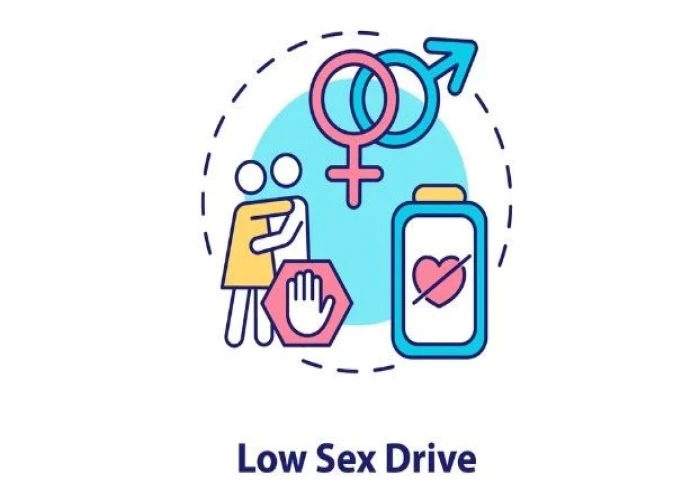
Low sex drive in women
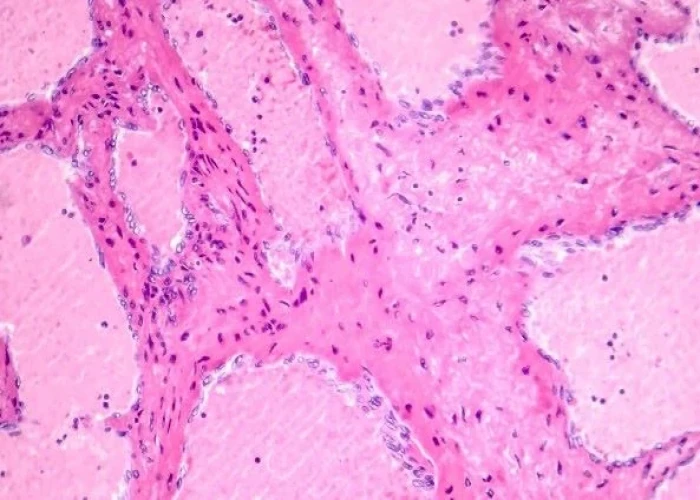
Liver hemangioma
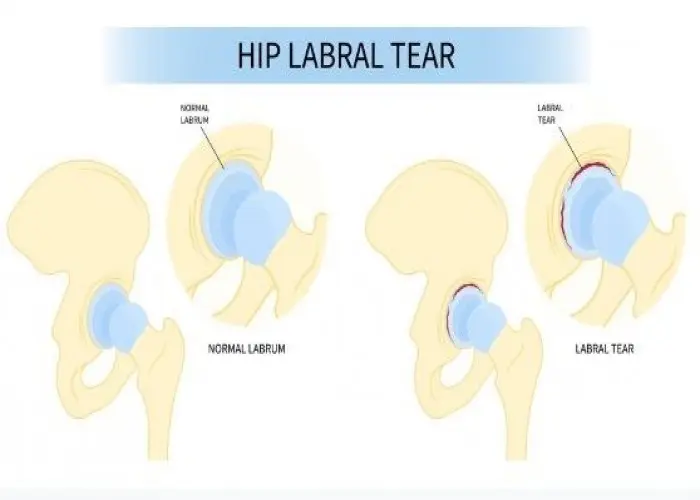
Hip labral tear

Complex regional pain syndrome
supraventricular tachycardia, সুপারভেন্ট্রিকুলার টাচিকার্ডিয়া
To be happy, beautiful, healthy, wealthy, hale and long-lived stay with DM3S.
